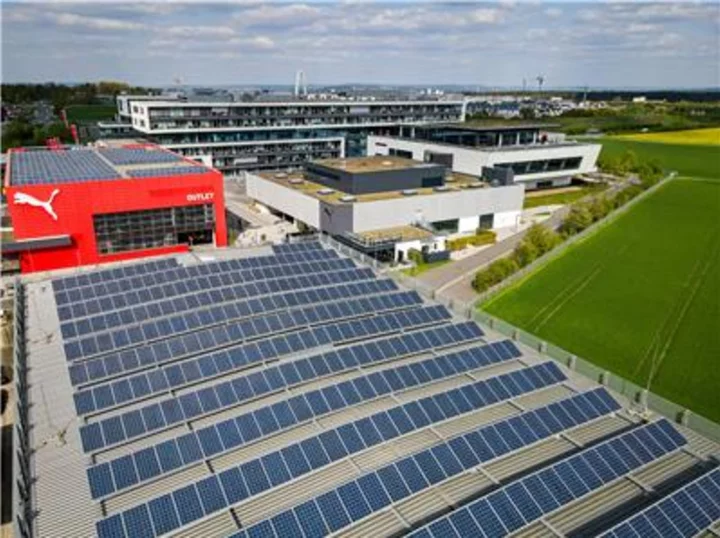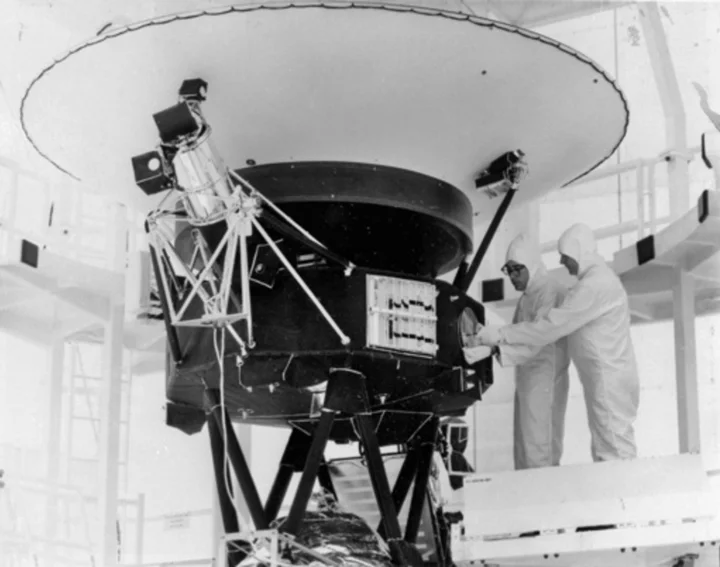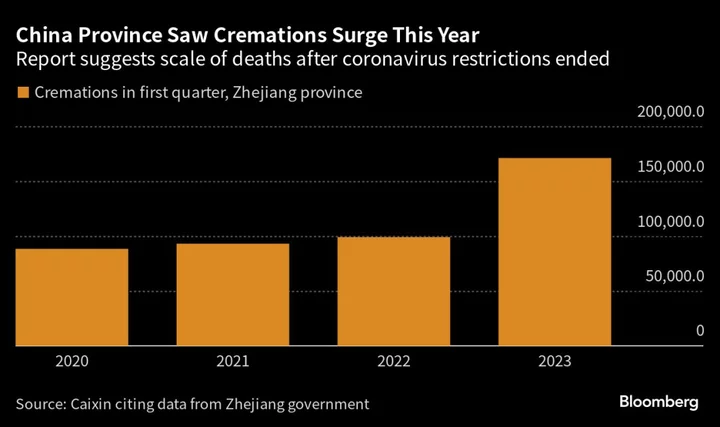European Union energy ministers failed to agree on how to overhaul the bloc’s electricity market, with disagreement over how to treat nuclear power holding up a key law meant to help the bloc navigate the low-carbon transition.
The failure means that the talks will move from the ministerial level down to countries’ ambassadors, according to Ebba Busch, Sweden’s energy minister. She said she hoped that a deal could still be reached before the end of the month.
A main sticking point in the negotiations was Germany’s concerns about what it saw as unfair subsidies to France’s nuclear sector, according to people familiar with the matter. The two sides weren’t able to reconcile their difference in time.
“There is a way to find a joint conclusion, but it comes down to whether member states are prepared to meet each other or not,” Busch told reporters. “And that is too soon to say.”
The delay will raise concern over whether future disagreements will block progress before EU elections next year. The European Parliament needs to still agree its own position before talks can begin with member states. Busch said that a deal is vital to help the EU boost its energy security in the wake of Russia’s invasion of Ukraine.
Claude Turmes, Luxembourg’s energy minister, said provisions in the deal would pay France to prolong existing nuclear facilities, giving the sector unfair benefits.
“For EDF, this is like a check of €120 billion,” he said, referring to Electricite de France SA. “This is really about distorting the market.”
Another controversy going into the meeting was a proposed compromise that would have allowed Polish coal power plants to receive subsidies to provide a backup during the transition. Several member states said the move would breach the bloc’s green goals.
“This derogation contradicts with our climate ambitions for 2030,” Dutch Energy Minister Rob Jetten said at the meeting. We need to “prevent over-subsidization.”
Countries including Greece, Spain and Portugal saw progress on their request for an emergency windfall profit cap. Such a ceiling could be applied until June 30, 2024, according to a draft compromise.
“We need to send an investment signal to renewable developers,” said Kadri Simson, the EU’s energy commissioner, who earlier warned against a cap on low-cost power producers. “If the design is correct, it might be that this delivers a more affordable price for consumers and industry.”
(Updates with news conference starting in fourth paragraph)









